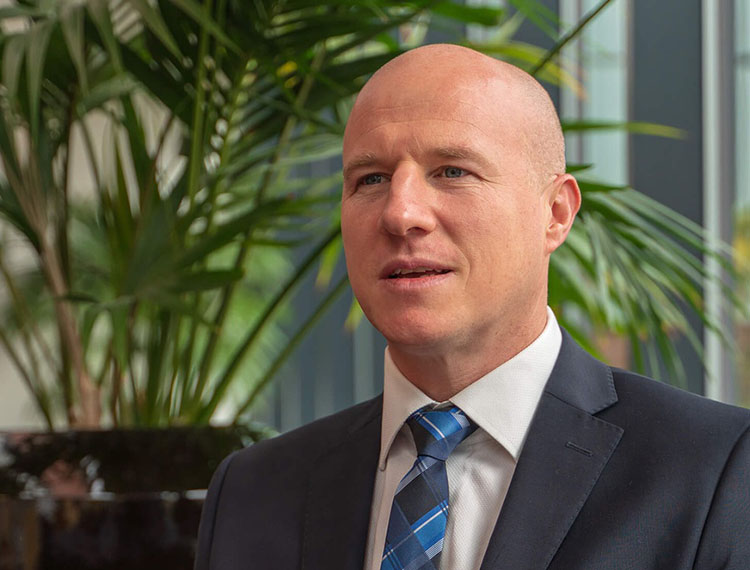Effective Media Impact and Engagement: Five Tips for Researchers

One of the most effective ways to maximise research impact is to increase the range of people and organisations that encounter, and might therefore be interested in, the findings.
This is where dissemination by the media can be particularly useful, not to mention related benefits such as raising the profile of the researcher, their research discipline, and their institution.
During the past four years, my research or opinion has been featured by national or major news outlets on over 200 occasions in more than 20 different countries, including via Television, radio, and in newspapers and magazines.
Based on my own media engagement experiences, here are five tips to help researchers foster effective interaction with the media as a means of maximising research impact:
1. Work with your press office
It is essential to get to know the various ways the press team at your university or research institution can support you as a researcher. Examples include help with identifying and responding to media engagement opportunities, disseminating and communicating research findings to a broad audience, managing relationships with journalists and media outlets, and opportunities for media training.
Sustained successful media engagement invariably reflects a team effort between the researcher and press office. The importance of this relationship will become particularly apparent if your research paper happens to capture the collective interest of the national and / or international media.
At such times, there can be literally dozens of journalists or media outlets wanting to interview you at the same time, yet by acting as an interface between you and the media enquiries, the press team will be there to calmly support you and advise on how best to navigate and capitalise on the sudden interest in your work.
2. Respond in a timely manner
Media outlets often work to tight deadlines and usually want prompt responses to enquiries. Consider it a luxury if you are given more than 72 hours to prepare for a media interview as typically, the time window can be a matter of hours rather than days.
Being able to respond quickly to media enquires will maximise the chances of your research or expert opinion being used by the journalist. It will also increase the likelihood of the journalist or media outlet contacting you again in the future, since they know that you can accommodate the time pressures associated with their field of work.
3. Be prepared
Remember that whenever you engage in a media interview, you are not only an ambassador of the organisation or organisations you represent but are also an ambassador of yourself. Preparation will not only improve the quality of your responses but will also help with your confidence and delivery.
Before you engage in a media interview, you should have a good idea of what angle the journalist is taking and what questions are likely to be asked, as well as how to respond. You should also have a good idea as to the style of the media outlet and their intended audience.
Depending on context, it is also worth considering whether there are likely to be any tricky interview questions or tactics. If you have already anticipated and prepared for such eventualities, then you are unlikely to be caught off guard. Attending training on how to engage with the media and learning how to identify and respond to different interview strategies is also a good idea.
4. Be responsible
When discussing your work or research findings with the media, it will obviously be necessary to alter your language and delivery to suit the style and audience of the media outlet in question.
However, remember that in the overwhelming majority of instances, your role as a researcher or academic will be to present information in an objective and impartial a manner as possible. In other words, make sure your responses are grounded in evidence and avoid any inclination toward sensationalising or feeling that you are there to entertain.
Also, it is perfectly acceptable to respond by stating that a question falls outside your field of expertise or that you would prefer not to second-guess.
5. Be proactive
Press releases via your institution are obviously a good way to foster media interest in your research findings, but other strategies can also be employed.
In general, the more proactive you are in getting your research “out there”, the greater the chance of the media becoming interested in your work. Some journalists peruse peer-reviewed publications for newsworthy content, particularly in the case of the more impactful or established journals. However, consider writing a recapitulation of your key findings for relevant professional, practitioner, or lay publications.
Other useful strategies include writing your own thought leadership piece about your research, becoming a regular column writer for a relevant publication, having an up-to-date staff profile on your institution’s website, listing yourself as being available for media interviews on relevant websites or databases, making short videos of your research talks available online, and making use of social media.
Dr William Van Gordon, Associate Professor of Contemplative Psychology at the University of Derby
FE News always welcomes press releases or thought leadership articles that are good for our audience, log in to start contributing!












Responses